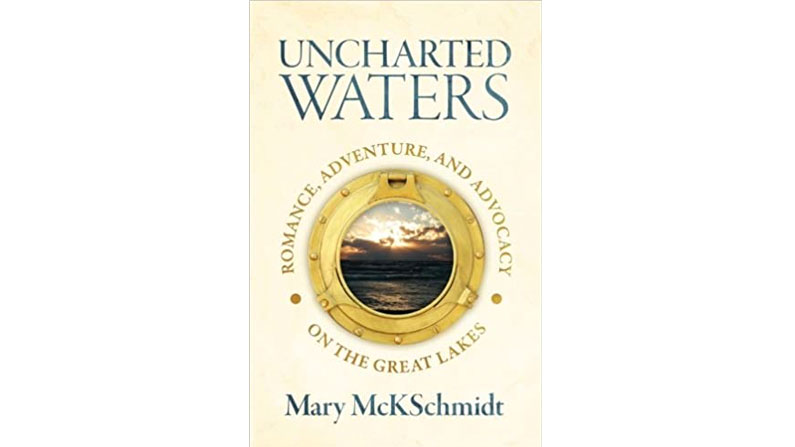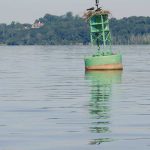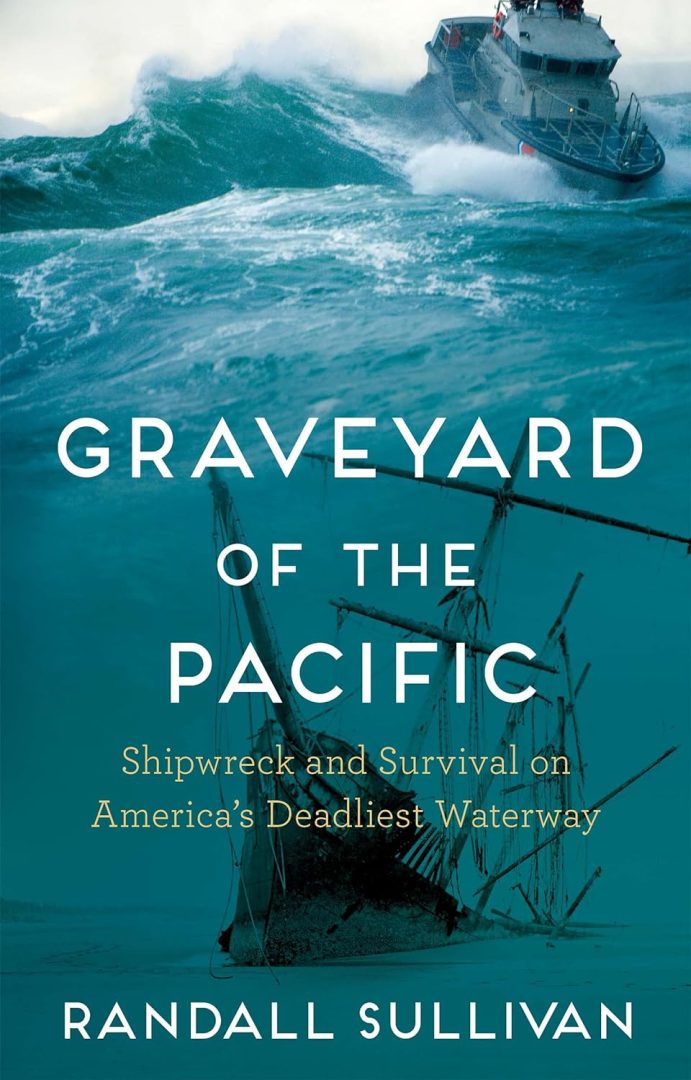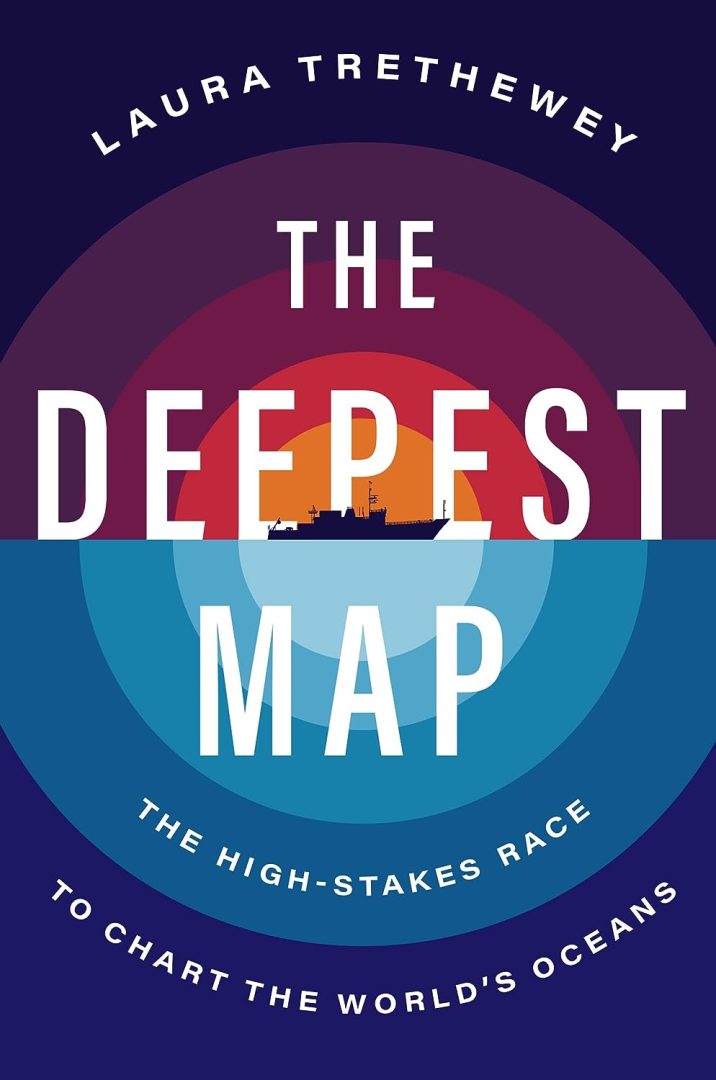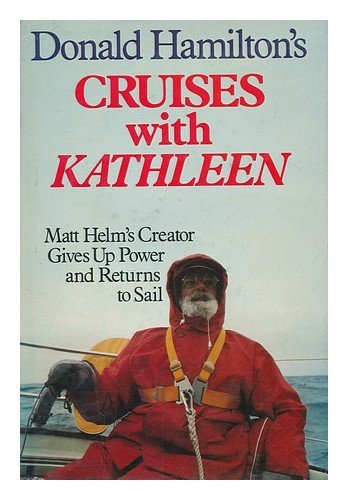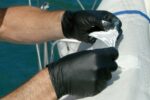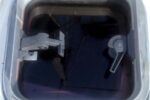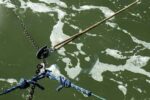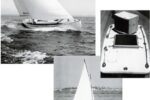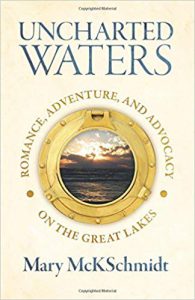
Mary McKSchmidt was like many idealistic young people of the 1970s. She eschewed business and material possessions. She was going to travel, write, seek adventure, and live free. And for a short time, she did just that until she found herself penniless and unable to work in South Africa. Food was not a problem, there were always scraps to be had. With apartheid, the poor and the blacks walked miles to muddy, polluted sources, but cool, clean, potable water was available only to those whites who could afford it; and she was not one of those people. So against every moral value she learned growing up, she stole it. That experience changed Mary’s life forever and it may well change yours if you read this book.
The initial impact of her experience was a Scarlett O’Hara-like vow to never be poor again. She returned home and graduated from college with a business degree. Her writing and photography dreams would have to wait. She worked hard, travelled on business, met the love of her life and, despite a hectic, long distance relationship at times, she climbed the corporate ladder and eventually became a senior executive of a major healthcare firm in the United States. Along the way she drew sparse interludes of peace and solace from morning jogs along the shores of Lake Michigan and short sailing vacations on lakes Michigan, Huron, and Superior and through the North Channel.
Although she achieved financial security, acclaim, and success, like many sailors, Mary struggled with an ageless conflict. Every time she locked up her boat she said, “Why am I doing this? Why am I returning to the nine to five grind, the commute, the politics and the stress? Why can’t I find some way to stay on the boat; sail and live and enjoy the things I love without the sacrifice of working?” For most of us, we think about crewing to deliver a boat to a faraway port, working in a marina, selling boats for a yacht brokerage firm; anything to stay close the water and our boat. Of course, we eventually lock up the boat and return to our day job. But one day, Mary took that leap of faith. She would return to her idealistic dream. She quit her job and began writing and taking photographs recording her nautical adventures and her hiking trips through many forests and trails throughout the country. It took a long time to build her audience, but it mattered not. Finally, in middle age, she was living her dream.
However, the humiliation of sneaking into white South African compounds to steal jugs of clean water never left her. And when the residents of Flint, Michigan, could no longer turn on the tap and drink the water from Lake Michigan, it struck home that as impossible as it may seem . . . one day that could be the reality for the millions of people who depend on the Great Lakes for the water that sustains their lives.
She began to investigate and what she learned was not comforting. An energy company had an aging pipeline running right across the bottom of Lake Michigan and was still pumping millions of gallons of oil through it every day. Zebra mussels and other foreign species were changing the ecological balance of the lake. Pesticides from farms were entering the food chain. Poisonous chemicals from industry effluent were decimating fish stocks and affecting the bird populations that feed on them. There were so many challenges, but also a great deal of hope. Stakeholders on both sides of the border had formed associations that were demanding positive action to reverse the damaging effects of these issues. Government funding had been forthcoming. Progress had been made, but now the federal funds were in jeopardy. Mary did not want future generations to know the terror of thirst because the Great Lakes water we all take for granted was undrinkable. She believed with all her heart that one person could make a difference . . . and she could be that one person.
For a reviewer, there is a caution to reading sailing books. Often great sailors are not great writers. Following Mary’s adventures, I’m not sure if I would classify her as a great sailor; but she is an incredible writer. She paints pictures with words. She sweeps you up and takes you along with her on her adventures. She begins each chapter with an enigma, an out of context shout and outrageous premise and then compels you to follow her until it all makes sense. Her prose is expressive, vivid, lilting . . . poetic. Even without her message, this book is an engaging, scenic, enthralling read you never really want to end. And the best part is there is no preaching. There is no guilt. She merely lays out the facts and lets you decide what you think is right.
Uncharted Waters is what Mary says it is with her last line, “a whisper from her heart to yours.” Perhaps it is a whisper we should all listen to if we want our children to enjoy the Great Lakes the way we have during our time.
You can learn more about Mary McKSchmidt and buy her book at marymckschmidt.com. I suggest you buy and read the book. Not for her sake, but for yours.
Uncharted Waters, Romance, Adventure and Advocacy on the Great Lakes, by Mary McKSchmidt (14 Karat Books, 2018; 272 pages; $24.99 hard, $15.00 soft, $9.99 digital)
